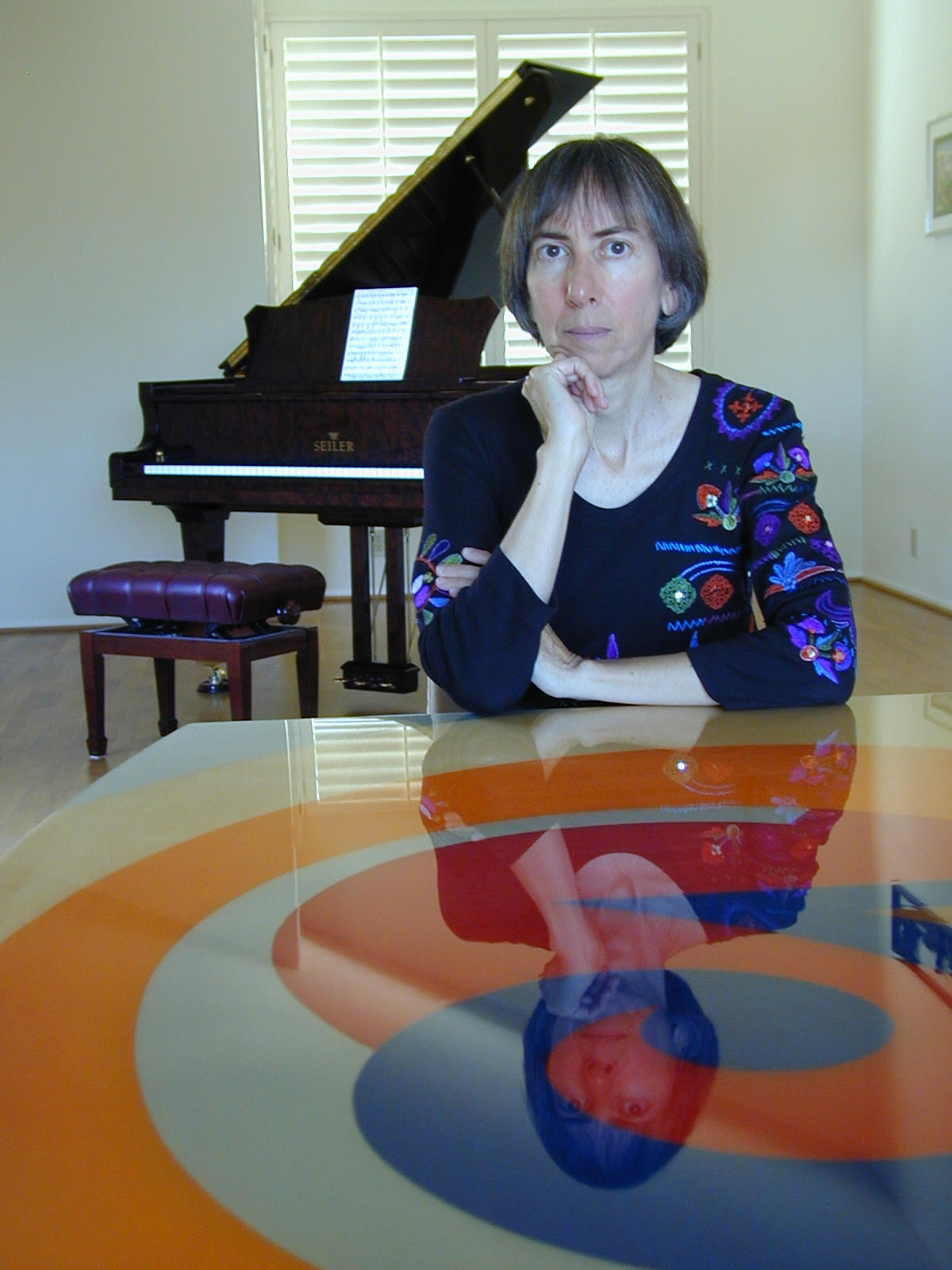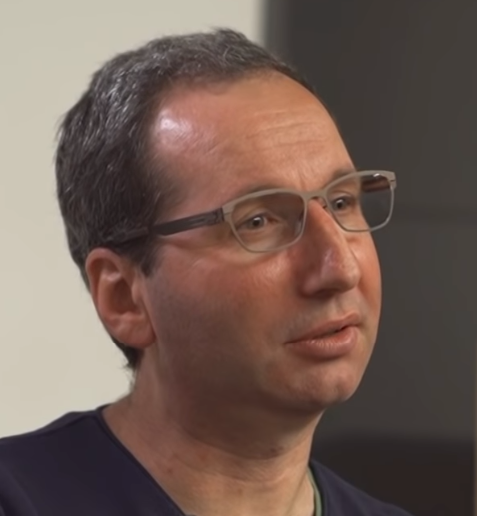
Mathematics and Cryptography: A Marriage of Convenience?
Mathematics and cryptography have a long history together, with the ups and downs inherent in any long relationship. Whether it is a marriage of convenience or a love match, their progeny have lives of their own and have had an impact on the world. This invited lecture will briefly recall some high points from the past, give speculation and encouragement for the future of this marriage, and give counseling on how to improve communication, resolve conflicts, and play well together, based on personal experience and lessons learned.
Alice Silverberg is a Distinguished Professor of Mathematics and Computer Science at the University of California, Irvine. Much of her recent work involves applying mathematics to cryptography. She co-introduced Multilinear Cryptography and Torus-Based Cryptography and co-invented the first fully hierarchical identity-based cryptosystem. She has worked on primality proofs, and her team found the largest proven primes N for which partial factorizations of N - 1 or N + 1 were not known. Recently she has been working on multilinear maps, fully homomorphic encryption, lattice-based cryptography, and applications of abelian varieties to post-quantum cryptography.
She earned her undergraduate degree summa cum laude from Harvard, her PhD from Princeton, and a Master of Advanced Study degree from Cambridge. She has been awarded Humboldt, Sloan, IBM, DARPA, NSF, and NSA fellowships and grants. She has consulted for or done research at industrial labs and research centers including IBM, Xerox PARC, DoCoMo USA Labs, Bell Labs, Sandia National Labs, Microsoft, the Institut des Hautes Études Scientifiques, the Max Planck Institute für Mathematik, and the Bunting Institute at Harvard.
She consulted for the TV show NUMB3RS, was an organizer of the Fermat Fest at the Palace of Fine Arts in San Francisco, and writes mathematically inspired Scottish country dances. She writes about Alice's Adventures in Numberland at https://sites.google.com/site/numberlandadventures/.

Fine-Grained Cryptography: A New Frontier?
Fine-grained cryptography is concerned with adversaries that are only moderately more powerful than the honest parties. We will survey recent results in this relatively underdeveloped area of study and examine whether the time is ripe for further advances in it.
Alon Rosen is a professor in the School of Computer Science at the Herzliya Interdisciplinary Center.
His areas of expertise are in theoretical computer science and cryptography. He has made contributions to the foundational study of zero-knowledge protocols, as well as fast lattice-based cryptography, notably in the context of collision resistant hashing and pseudo-random functions, where he studied the ring-SIS problem and related SWIFFT hash function, and co-introduced the Learning with Rounding problem. More recently, Alon has been interested in the intersection of cryptography and game theory, with a focus on the hardness of finding a Nash equilibrium in bimatrix games, and in average-case fine-grained hardness.
Alon earned his PhD from the Weizmann Institute of Science, and was a Postdoctoral Fellow at MIT and at Harvard University. He is a faculty member at IDC since 2007.
He is a founder and former director of the FACT center.